More than half of Islamophobic attacks in Britain are committed against women, who are typically targeted because they are wearing clothing associated with Islam, new data reveals.
The figures of anti-Muslim attacks, compiled in the nine months following the murder of soldier Lee Rigby in May 2013, come days after Saudi Arabian student Nahid Almanea was stabbed to death in Essex, with detectives believing that she may have been attacked because she was wearing traditional Islamic clothing.
In a study of calls to the Tell Mama hotline, which records Islamophobic crimes, academics at Teesside University found there were on average two incidents every day over the period.
Victims reported a total of 734 incidents to the hotline between the start of May last year and 28 February 2014, broken down into 599 incidents of online abuse and 135 offline attacks – an increase of almost 20% on the same period the previous year.
One aspect of the figures indicates an apparent lack of trust in police to deal with Islamophobic incidents, with one in six victims choosing not to report the incident to authorities.
The Teesside report, published by the first research unit in Britain dedicated to the study of the far right and its opposition, says more effort is required to foster greater trust between the Muslim community and authorities.

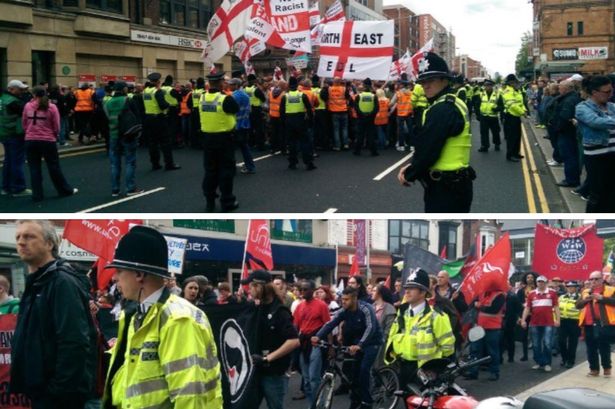
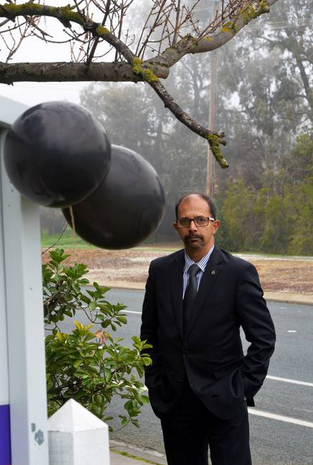 The sinister black balloons started appearing in Bendigo in May. Then 10 days ago, a cluster of them were
The sinister black balloons started appearing in Bendigo in May. Then 10 days ago, a cluster of them were 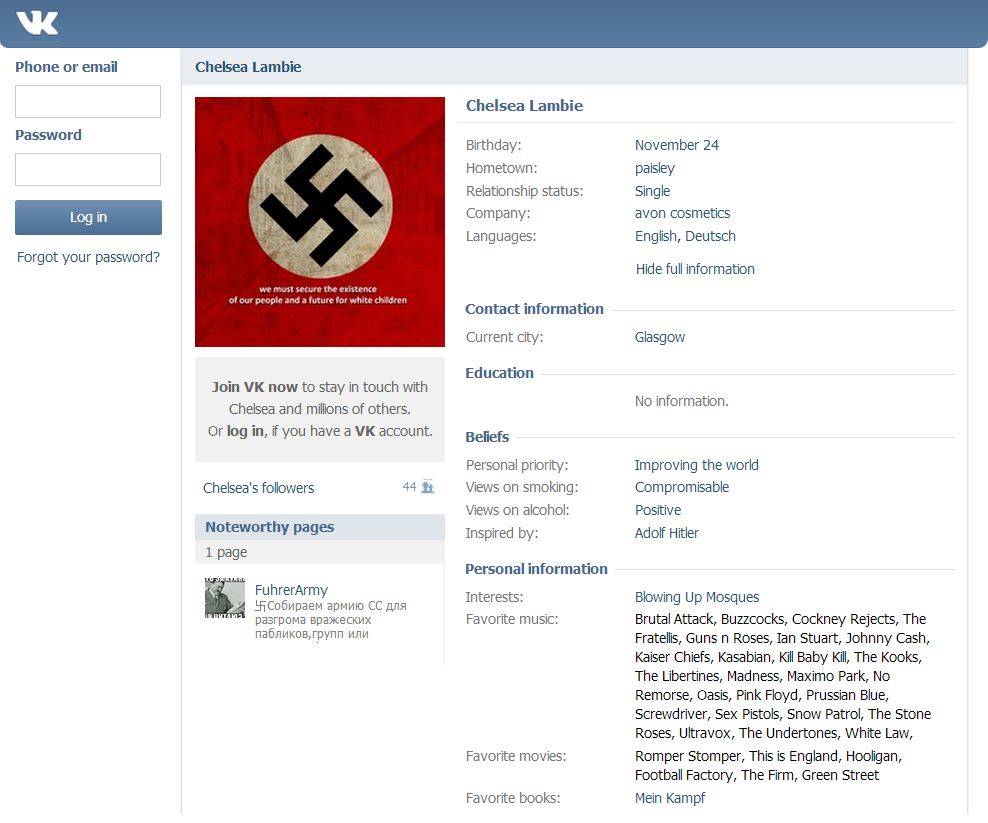
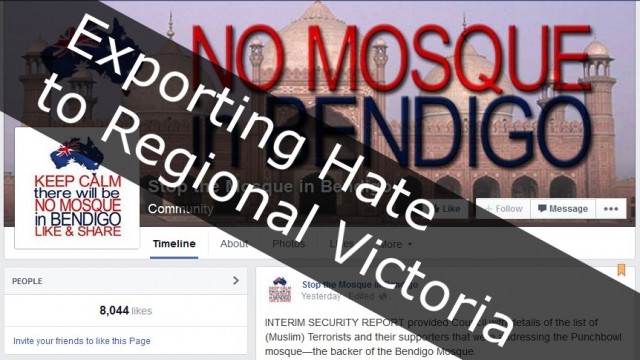
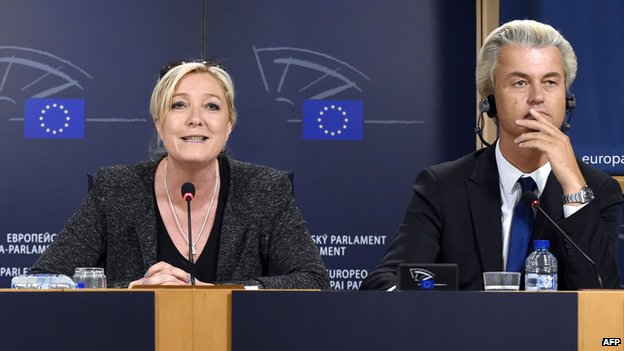 France’s far-right National Front (FN) has failed to form an alliance with the Dutch Freedom Party (PVV) of Geert Wilders, reducing both parties’ influence in the European Parliament.
France’s far-right National Front (FN) has failed to form an alliance with the Dutch Freedom Party (PVV) of Geert Wilders, reducing both parties’ influence in the European Parliament.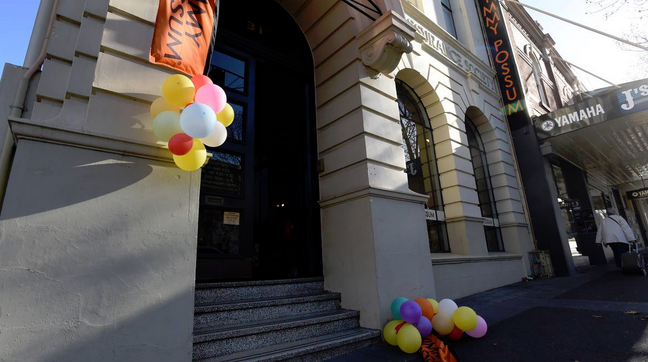 Members of the local Muslim community, a Bendigo business and a city councillor are among those to have received supposed threats from anti-Islamic protesters in recent days.
Members of the local Muslim community, a Bendigo business and a city councillor are among those to have received supposed threats from anti-Islamic protesters in recent days.